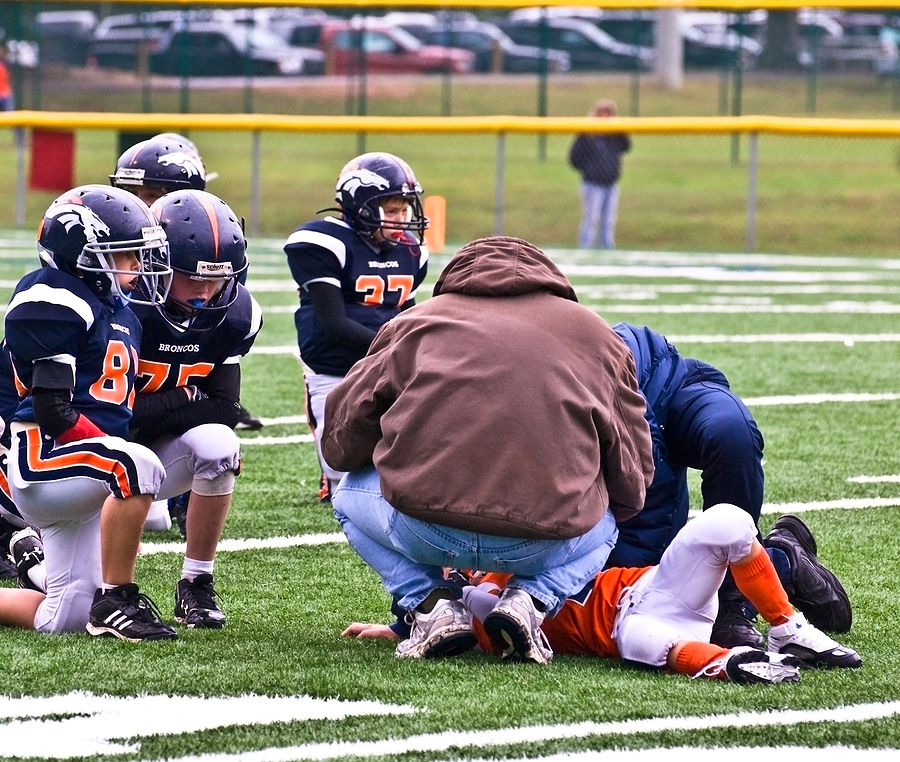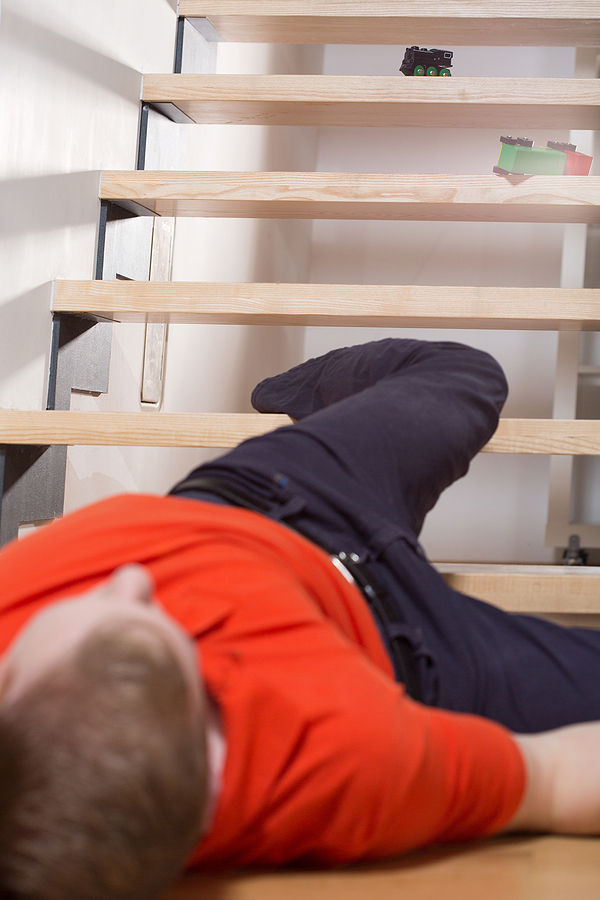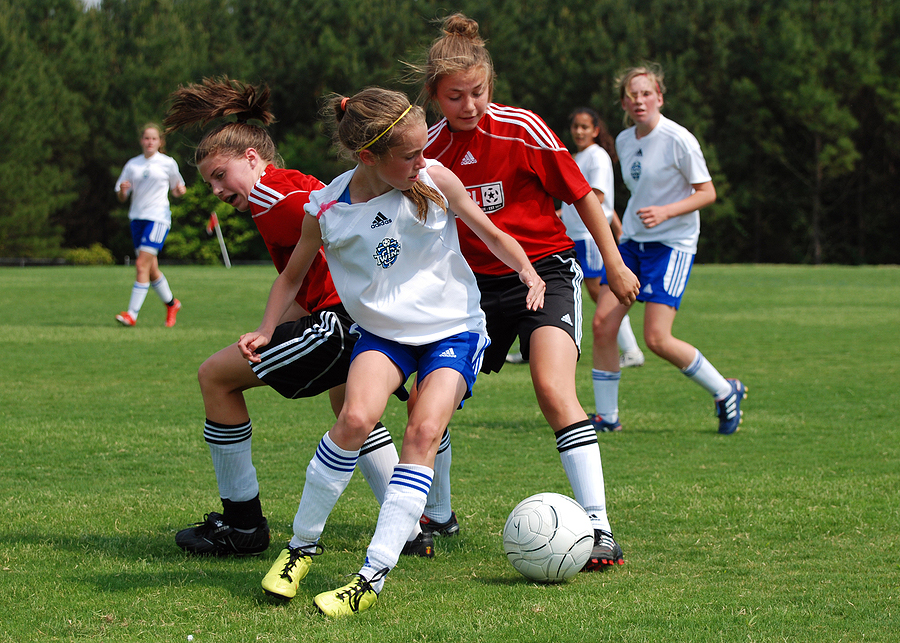Sports Physical Therapy
Sports physical Therapy involves the prevention, evaluation, intervention and treatment of musculoskeletal injuries. This area of physical therapy deals with performance enhancement, designed to mimic movements unique to your sport and an accelerated rehabilitation. Our physical therapists are knowledgeable in the human anatomy, movement and pain management techniques to get you back to the game.
Concussion Rehabilitation and Management
Although sports rehab does not always involve a concussion, concussions represent almost 9% of all high school athlete injuries and almost 6% of all collegiate athletic injuries. We know that each concussion is significant and uniquely complex, potentially causing emotional, physical, cognitive and sleep-related changes. Our staff are trained and highly knowledgeable in the treatment of the concussed athlete, but also those who have recently suffered from a concussion while sustaining a fall or have been involved in a motor vehicle accident (MVA).



When Should I See a Medical Professional?
It is important to see your Physician and follow up with a Physical Therapist for treatment if you are experiencing any of the following symptoms post-concussion with or without a loss of consciousness:
Although concussions can cause a loss of consciousness on impact, this doesn’t always happen. In fact, 80-90% of concussions don’t involve loss of consciousness and symptoms can range from mild to severe. Additionally, symptoms can appear anywhere from the time of impact to several days after the initial injury.

How Can a Physical Therapist Help?
Returning to sports after a concussion is every athlete’s goal, but returning too early can be detrimental. It’s important to see a physical therapist post-concussion, to decrease the post-concussion symptoms through an individualized plan of care including established protocols to minimize the risk for a second impact syndrome.
Recovering from a fall can not only involve improving your physical strength, but also requires balance retraining to increase your confidence and negate your fears of falling.
MVAs often involve multiple body parts, particularly the head and neck. Any post-concussion symptoms following an MVA should always be brought up to your physician, and our physical therapists can perform a thorough evaluation and customize your treatment accordingly.
Recovering from a fall can not only involve improving your physical strength, but also requires balance retraining to increase your confidence and negate your fears of falling.
MVAs often involve multiple body parts, particularly the head and neck. Any post-concussion symptoms following an MVA should always be brought up to your physician, and our physical therapists can perform a thorough evaluation and customize your treatment accordingly.
What To Expect?
Our therapists complete a thorough physical examination and evaluation, as well as occulomotor and vestibular screening and rehabilitation. The best course of treatment is then implemented, including a slow to recover and gradual return to sports protocols, while communicating to your physician and other providers.
